This was shared by Ms. Phan Thi Hai, Deputy Director of the Tobacco Harm Prevention Fund ( Ministry of Health ) at the World Conference on Tobacco Control, organized by the International Union Against Tuberculosis and Lung Disease (The Union), with the support of the Irish Government, the World Health Organization (WHO) and the Bloomberg Philanthropies, taking place from June 23-25.
Ms. Hai emphasized the important role of strong political commitment from the Party, National Assembly and Government of Vietnam in preventing and combating the harmful effects of tobacco and protecting people's health.
Within the framework of the thematic discussion on sustainable finance, Vietnam shared its experience in establishing and operating a stable financial mechanism for tobacco harm prevention and control, which has achieved many outstanding achievements.
Panel discussion on sustainable finance within the framework of the World Conference on Tobacco Control 2025.
Based on that foundation, Vietnam issued the Law on Tobacco Harm Prevention and Control and established the Tobacco Harm Prevention Fund in 2013. The Fund is formed from mandatory contributions from tobacco manufacturing and importing enterprises. In addition to the financial mechanism, the Fund's management model is also highly appreciated for its multi-sectoral, transparent and evidence-based nature. The Fund is chaired by the Ministry of Health and has the participation of many other ministries and sectors, operating on the principle of funding based on output results. The selection, planning, monitoring and evaluation processes are all carried out publicly and scientifically, with programs built and implemented based on reliable data and practical evidence.
Thanks to this approach, Vietnam has achieved many remarkable results: The smoking rate among adults decreased from 23.8% (2010) to 20.8% (2021); the rate of exposure to secondhand smoke decreased from 73.1% to 45.6%. Notably, at the end of 2024, the National Assembly passed Resolution 173/2024/QH15, officially banning e-cigarettes, heated tobacco products and new addictive products from 2025; at the June 2025 session, the National Assembly continued to pass the Law amending the Special Consumption Tax, establishing a mixed tax system and a roadmap for increasing tobacco taxes until 2031.
At the conference, WHO and international partners stressed the importance of increasing each country’s financial resources to sustain tobacco control programs in the long term, especially in low- and middle-income countries. Although the cost of implementing tobacco control programs is not high, the benefits are huge in terms of public health and the economy.
Evidence is that over the past years, the global tobacco use rate has decreased from 22.7% in 2007 to 17.3% in 2021. This achievement is thanks to many countries applying science-based tobacco control policies, following the guidelines of the WHO Framework Convention on Tobacco Control (FCTC), thereby helping to save millions of lives from illness and premature death caused by smoking.
Despite progress, tobacco control remains a work in progress. Implementation of public health policies faces challenges. In some countries, the tobacco industry has used sophisticated marketing techniques such as social media promotion, attractive product flavors and brand positioning to attract young people – especially those near schools.
At the conference, experts all affirmed that investing in tobacco control brings clear benefits: protecting health, reducing medical costs, increasing tobacco tax revenue and receiving support from the community. In the context of a tight health budget, this is a reasonable and sustainable solution - the prerequisite is the need for political determination and strong inter-sectoral coordination.
Source: https://cand.com.vn/Xa-hoi/viet-nam-cam-ket-manh-me-giam-ty-le-hut-thuoc-la-trong-cong-dong-i772554/


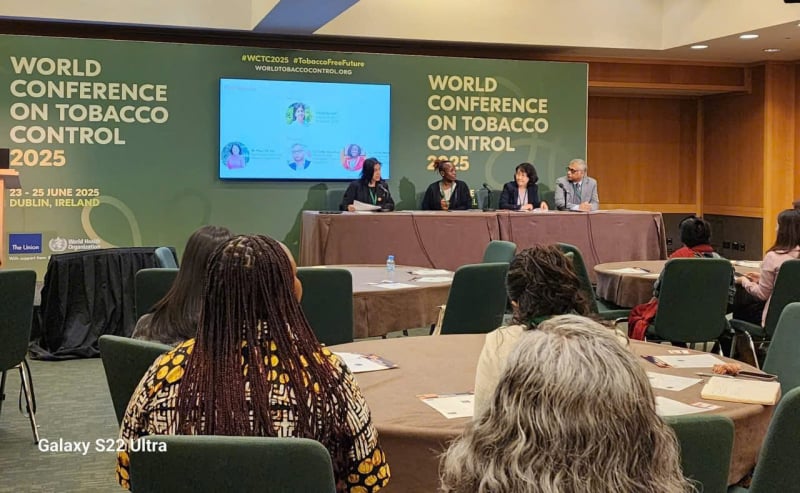

![[Photo] General Secretary To Lam meets with the Group of Young National Assembly Deputies](https://vphoto.vietnam.vn/thumb/1200x675/vietnam/resource/IMAGE/2025/6/24/618b5c3b8c92431686f2217f61dbf4f6)
![[Photo] Close-up of modernized Thu Thiem, connecting new life with District 1](https://vphoto.vietnam.vn/thumb/1200x675/vietnam/resource/IMAGE/2025/6/24/d360fb27c6924b0087bf4f288c24b2f2)
![[Photo] The 9th Party Congress of the National Political Publishing House Truth](https://vphoto.vietnam.vn/thumb/1200x675/vietnam/resource/IMAGE/2025/6/24/ade0561f18954dd1a6a491bdadfa84f1)




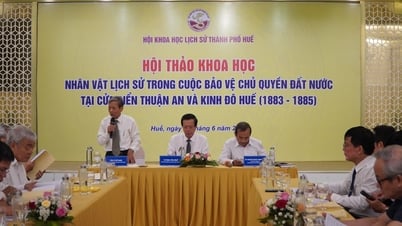

























































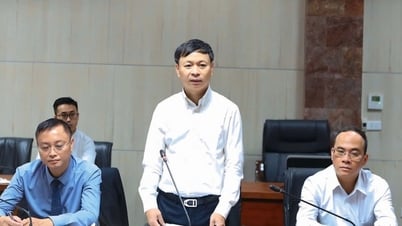




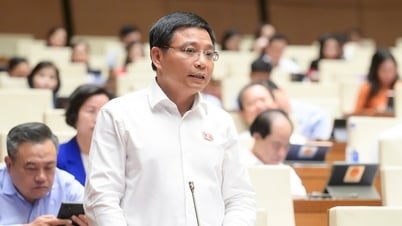




























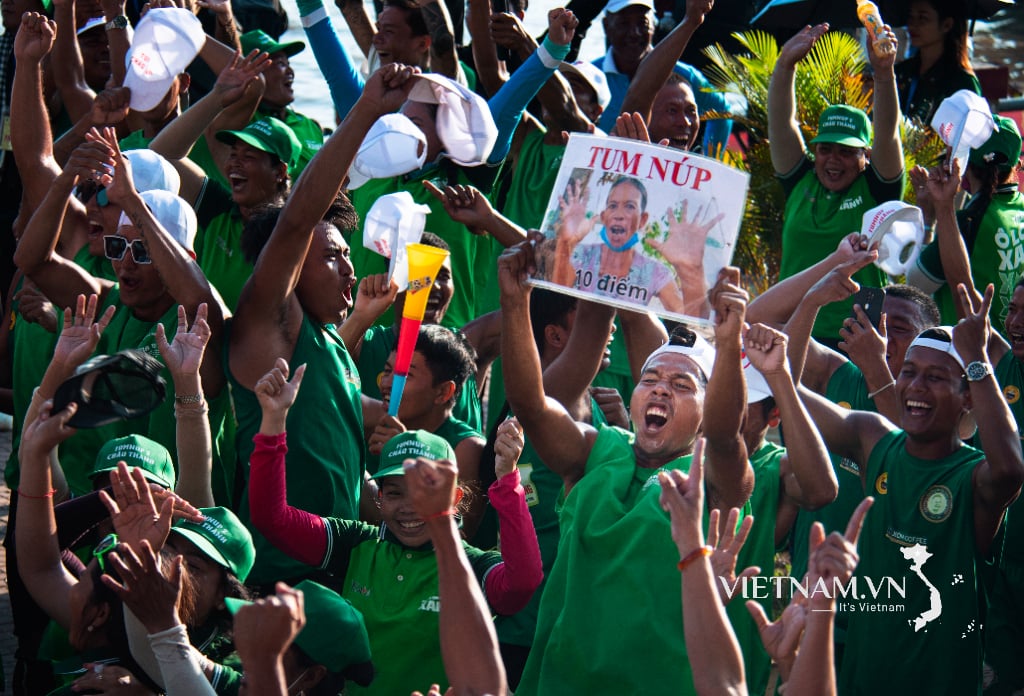
Comment (0)